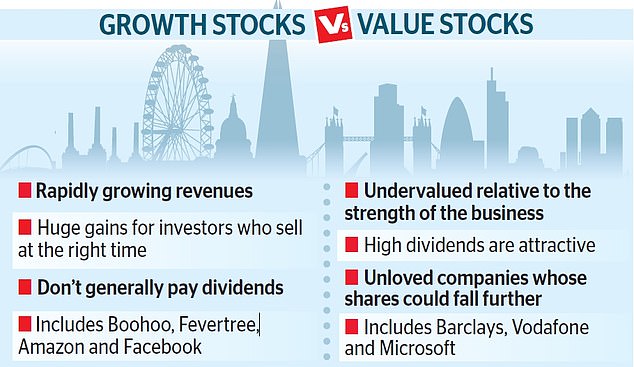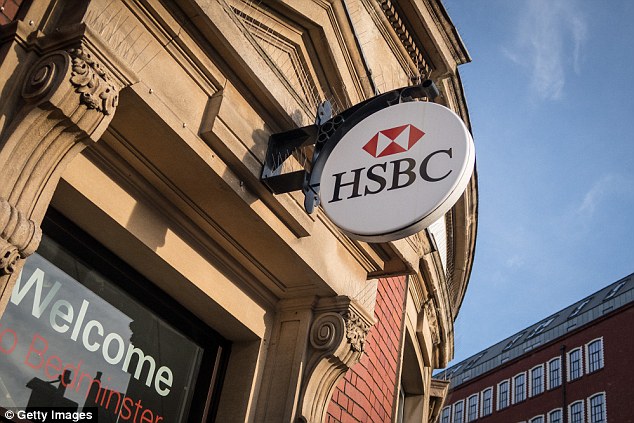Buying shares when they look cheap in the hope they’ll be worth more later may seem like one of the most basic tenets of investing.
But this strategy, known as value investing, isn’t the only way to make money – and for several years it certainly hasn’t been the most successful.
Since the financial crisis, fund managers who have instead favoured a growth strategy – hunting for companies with rapidly rising sales, earnings, margin or all of those, no matter the cost – have outperformed.



UK value stocks – which include the likes of HSBC, BP and Vodafone, according to the MSCI UK Value Index – have begun to outperform their growth peers.
But why are value stocks beginning to outperform their growth peers, and will it stay that way? Niall O’Connor, deputy manager of the Brooks Macdonald Defensive Capital Fund, believes the real reason that value strategies are picking up goes right to the heart of monetary policy.
‘Since the financial crisis, we’ve had a vast amount of quantitative easing,’ he says.
This is where central banks, such as the Bank of England, release more money into the economy by buying back ‘safe’ assets such as government bonds from investors.
This has the effect of pushing investors into riskier assets such as shares, and more specifically, growth companies.
The businesses can afford to burn through money to ramp up their size when interest rates are low and they can borrow easily, and investors reap the rewards for taking a chance on these upcoming firms.
O’Connor says: ‘You’ve got electric scooter companies that are supposedly worth billions of dollars, and all they’re doing is supplying electric scooters and providing an app.
‘It’s a great concept but I just don’t see the value in them,’ he warns. ‘Tesla has a value greater than General Motors and Ford. The products might be good but the valuations are crazy.’
He thinks the golden times for these types of companies could be drawing to a close.
Now that quantitative easing has come to an end, and interest rates have begun to rise, it’s worth keeping cash in the bank, he says.
Investors no longer need to rush to risky companies to make their money, meaning growth companies’ prices should start to fall.
O’Connor explains: ‘I no longer need to invest in things like Tesla to get a return. Why would I want to take that risk when I can get risk-free money?’

